Biomedical Engineering
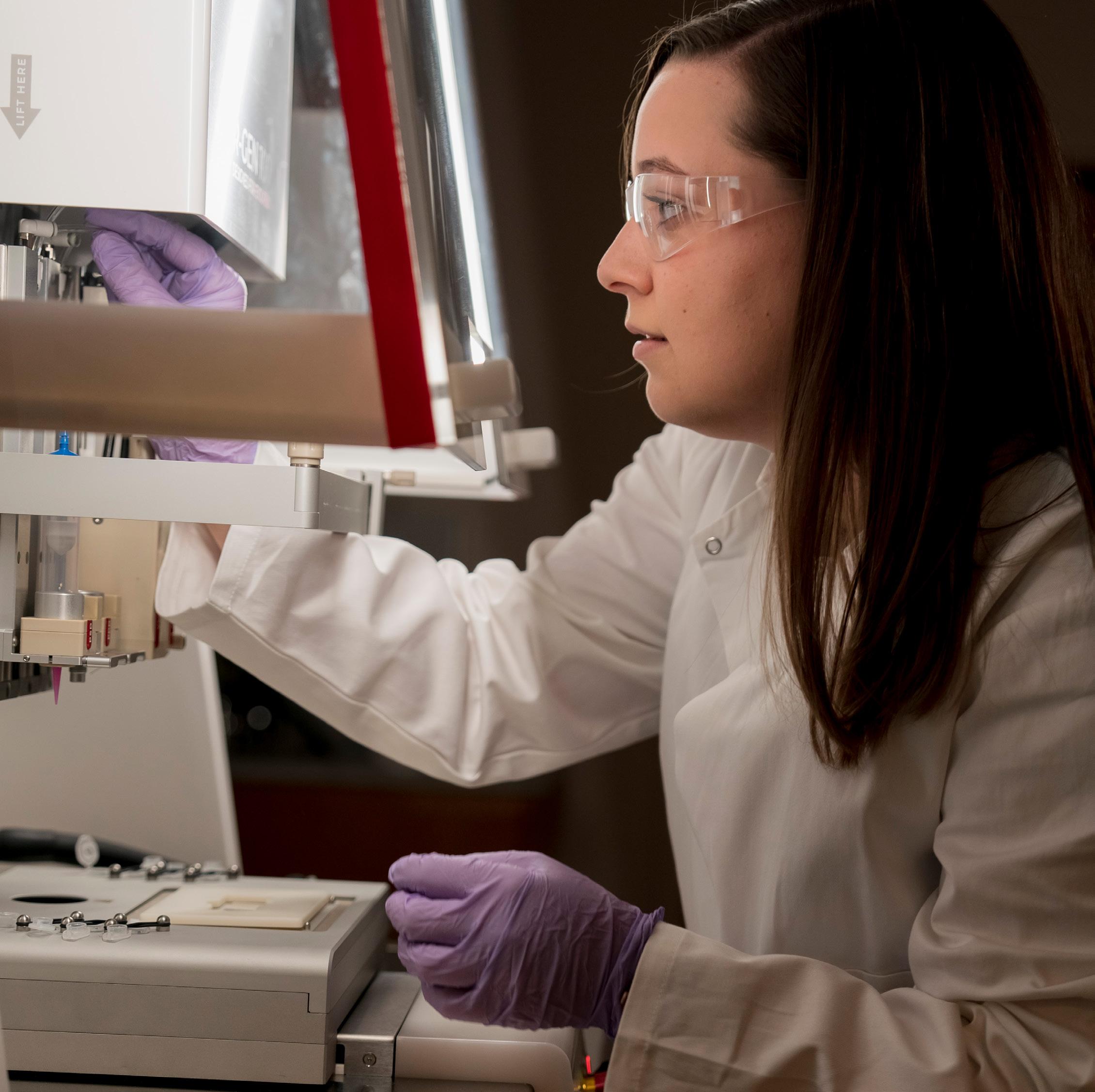
University in St. Louis McKelvey School of Engineering 2023
Washington
No. 15
Washington University ranking (national universities) in U.S. News, (AY2023)

No. 13
2023 best colleges for Engineering (Niche)
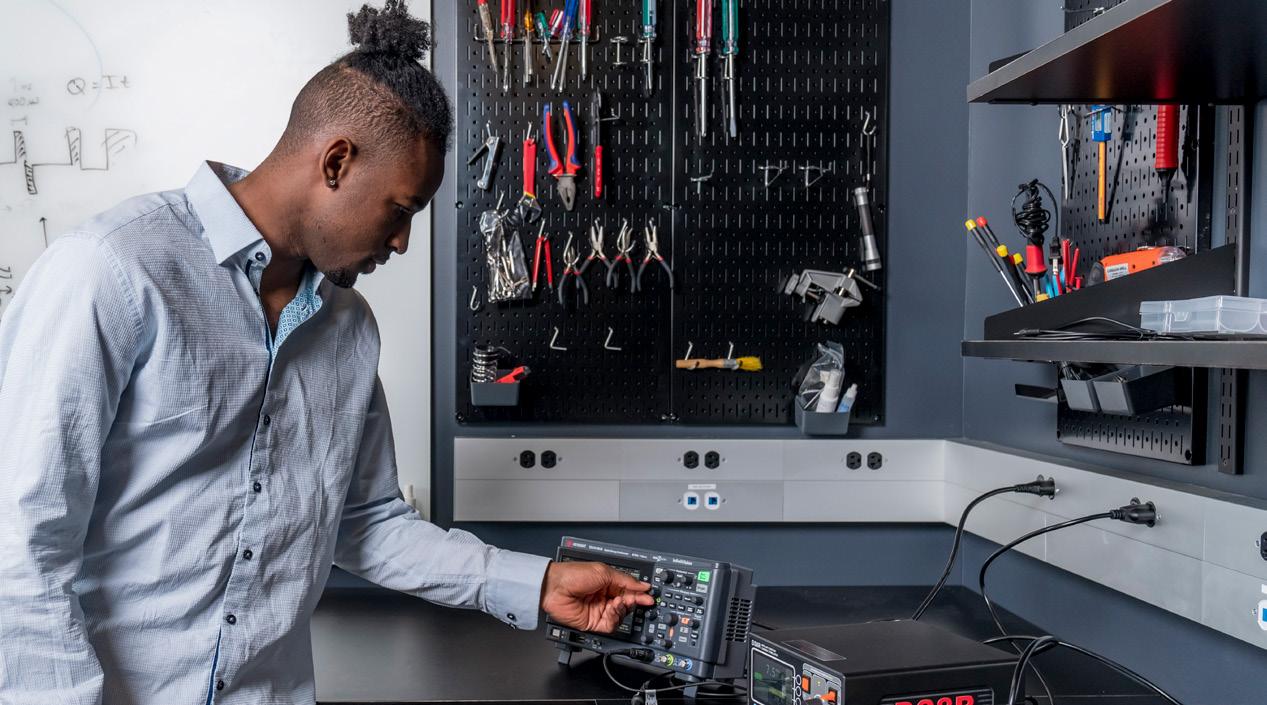
No. 3
School of Medicine ranking in Blue Ridge Institute for Medical Research (2023)
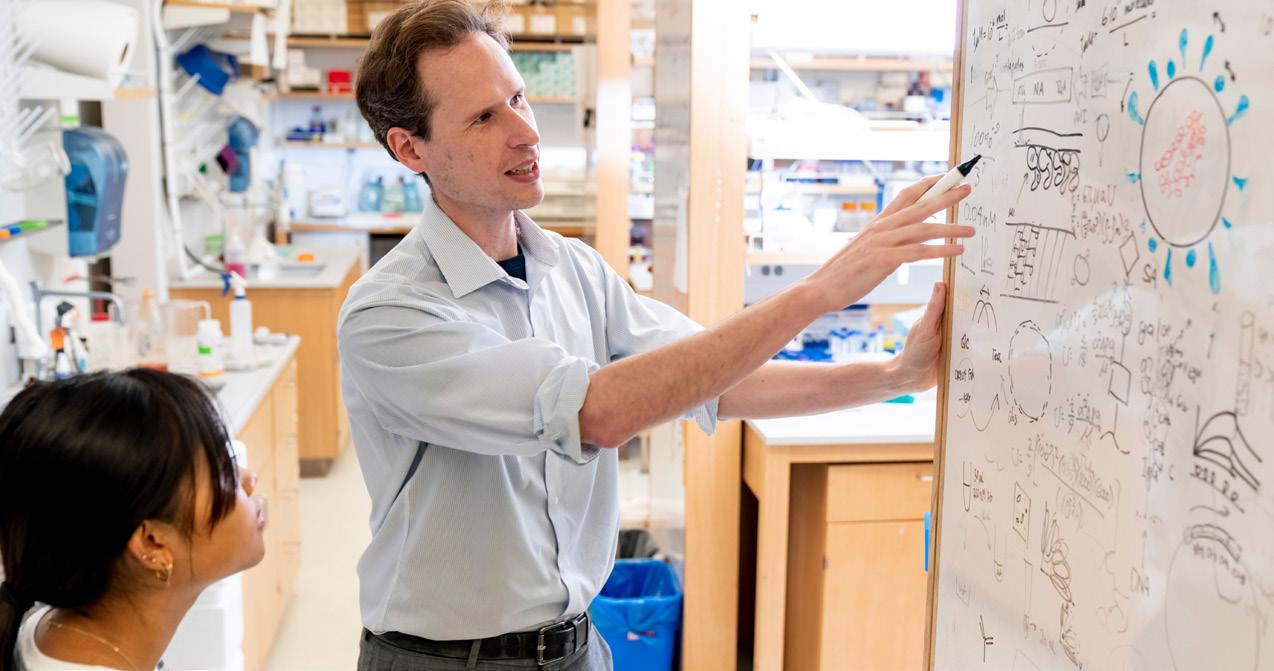
No. 14
Biomedical engineering graduate program ranking in U.S. News (AY2023)
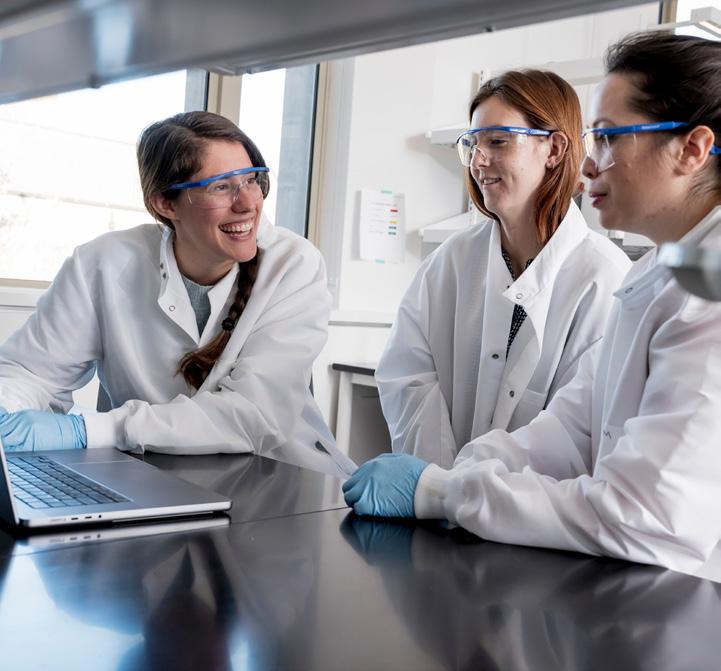
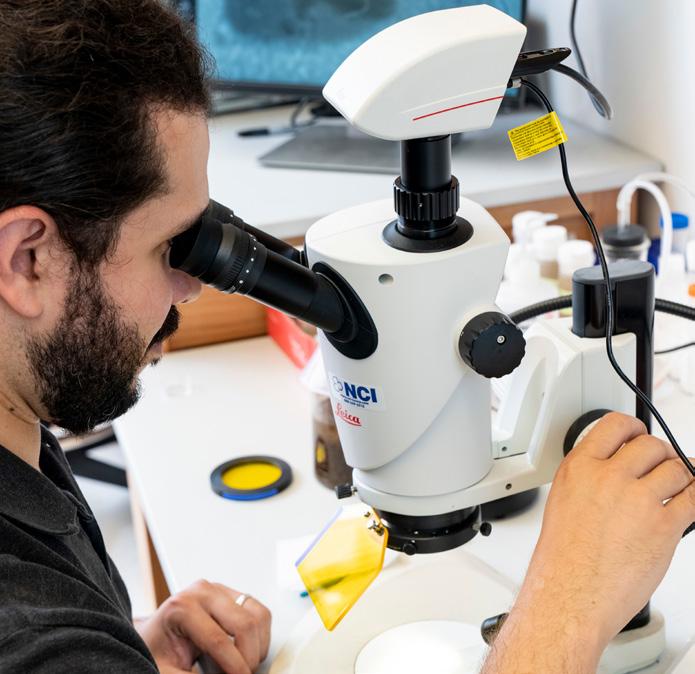
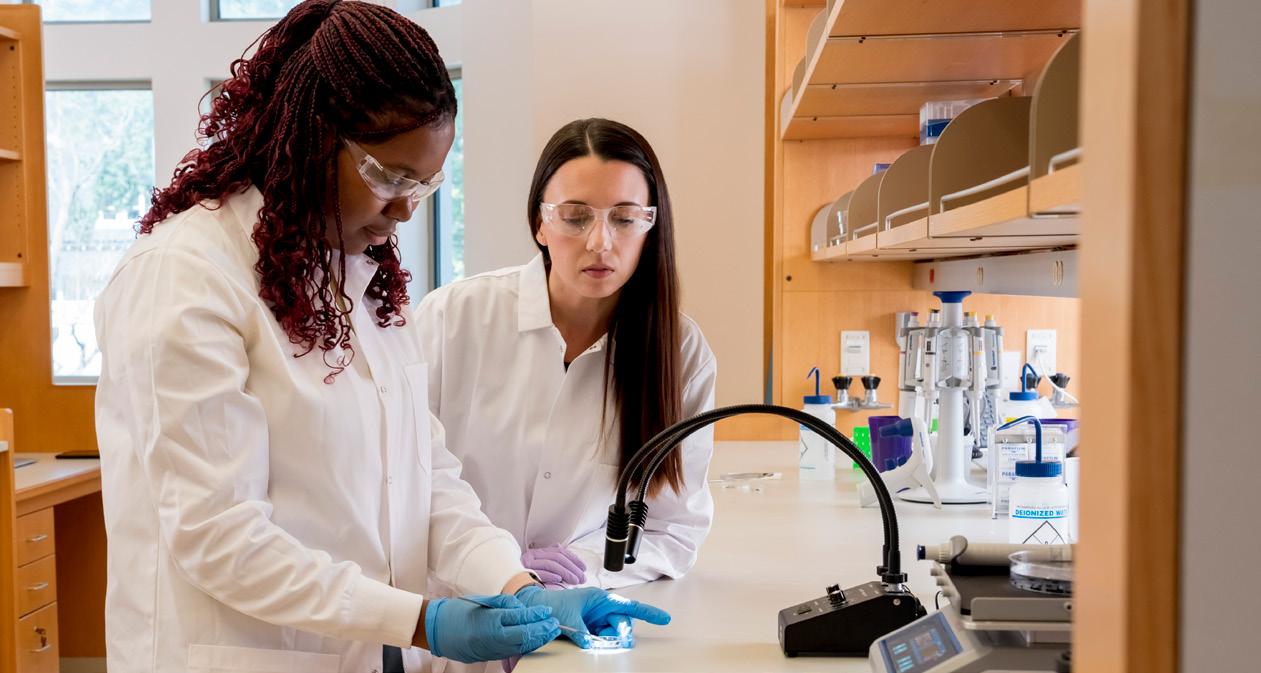
2 McKelvey School of Engineering
Degree programs
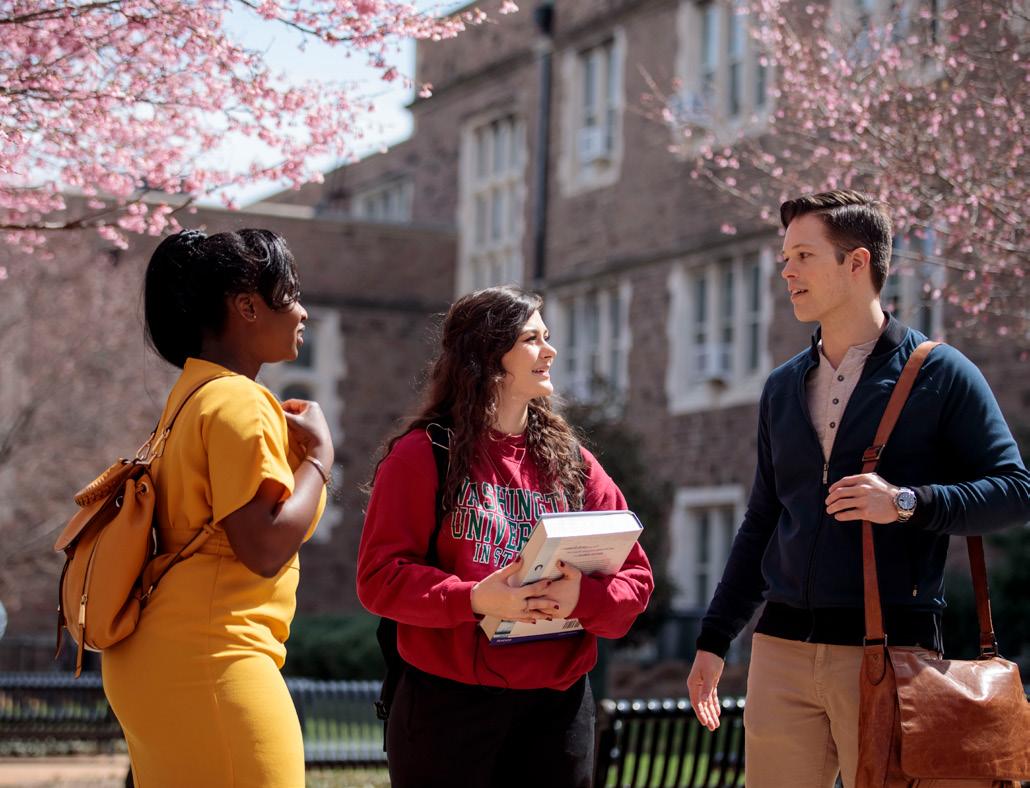
Department of Biomedical Engineering 3 27 full-time faculty 53% of bme students are women 100% of phd students are fully funded WashU BME
Students
BS in Biomedical Engineering MS in Biomedical Engineering MS in Imaging Science PhD in Biomedical Engineering PhD in Imaging Science Inclusion & belonging $14.8M annual research awards (fy2023) 41% of PhD students received a fellowship (2022 student population) 214 undergraduate 146 phd 87 master’s 29 nih training fellowships 17 university fellowships 4 nsf graduate research fellowships 6 md/phd training fellowships 4 independent fellowships
PhD student research support
fall 2022
In the McKelvey School of Engineering, we believe in creating and maintaining a culture that embraces and appreciates the strength and value of differences in gender, race, ethnicity, geography, socioeconomic status, age, politics, philosophy, disability and sexual orientation.
Research areas
BME Research 130+
Biomedical & Biological Imaging
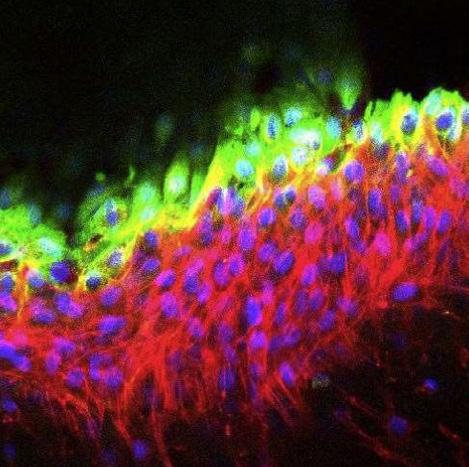
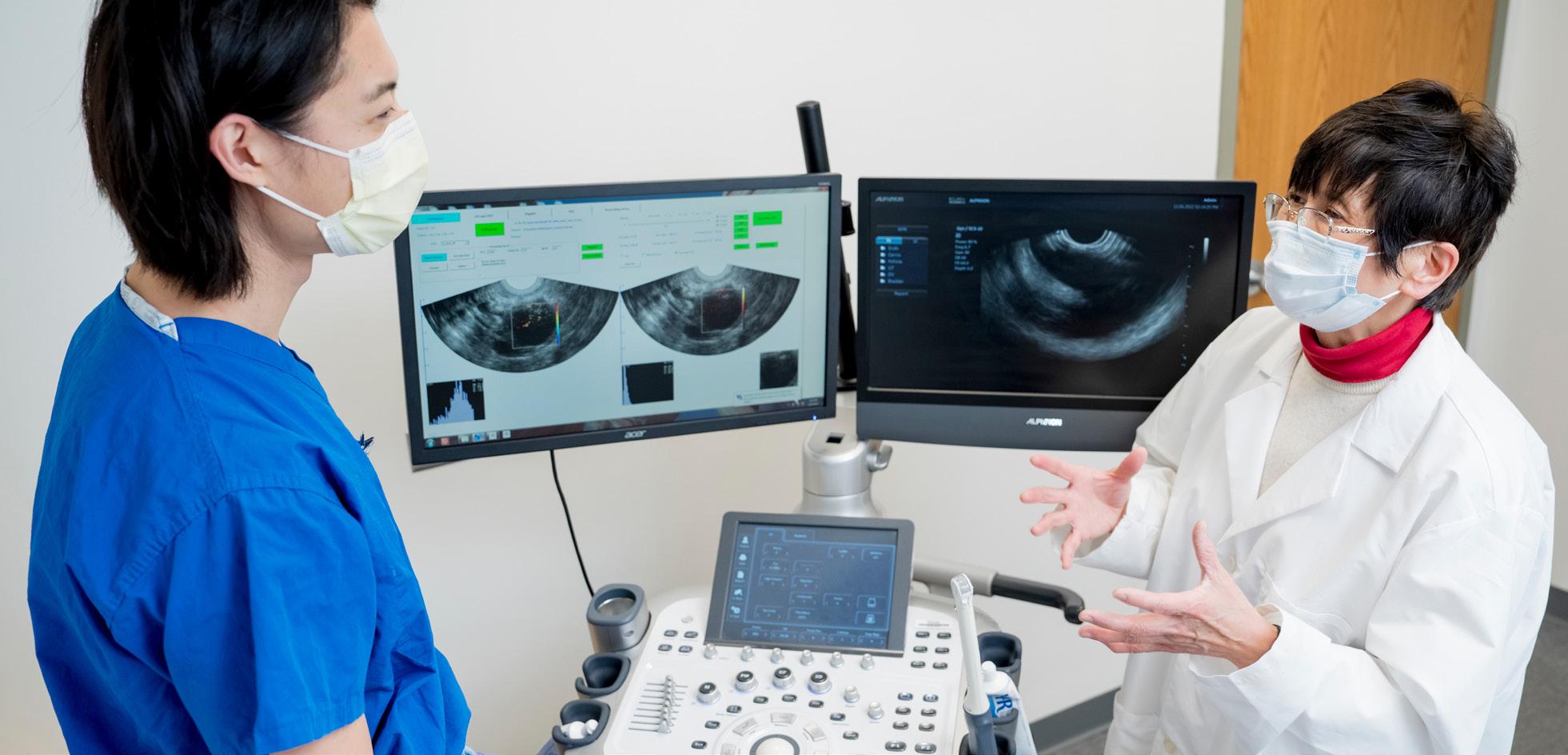
Cardiovascular Engineering
Molecular & Cellular Systems Engineering
Neural Engineering
Orthopedic Engineering
Regenerative Engineering in Medicine
Women’s Health Engineering
affiliate faculty members from across the university
Top departments for BME student research:
» Biomedical Engineering
» Cell Biology & Physiology
» Computer Science & Engineering
» Electrical & Systems Engineering
» Genetics
» Mechanical Engineering & Materials Science
» Neurology
» Neuroscience
» Neurosurgery
» Obstetrics/Gynecology
» Ophthalmology & Visual Sciences
» Orthopaedic Surgery
» Pathology & Immunology
» Radiation Oncology
» Radiology
Allison Martinez Mejia phd candidate

Why did you pick WashU?
Besides the amazing and super collaborative research being offered, WashU was extremely welcoming to me. As I spoke to different students and faculty, I knew I would be able to find a niche in the school. Also, I was fortunate to be part of the McDonnell International Scholars Academy, which gave me a global family within WashU.
What are your plans for the future?
I hope to one day run my own lab as an independent researcher that will be inclusive and provide opportunities for young women and underrepresented minorities who have a passion for science and research.
4 McKelvey School of Engineering
WashU research centers for biomedical research collaboration
Center for Biomolecular Condensates (CBC)
Center for Cellular Imaging
Center for Cyborg and Biorobotics Research
Center for Engineering MechanoBiology (CEMB)
Center for High Performance Computing (CHPC)
Center for Human Immunology & Immunotherapy Programs (CHiiPS)
Center for Innovation in Neuroscience and Technology (CINT)

Center for the Investigation of Membrane Excitability Diseases (CIMED)
Center for Regenerative Medicine (CRM)
Center for Women’s Health Engineering
Children’s Discovery Institute
Genome Engineering & iPSC Center (GEiC)
Hope Center for Neurological Disorders
Imaging Sciences Pathway
Institute of Clinical and Translational Sciences (ICTS)
Institute for Materials Science and Engineering (IMSE)
McDonnell Center for Systems Neuroscience
McDonnell Genome Institute (MGI)
Musculoskeletal Research Center (MRC)
Siteman Cancer Center
Research news
Induction of a torpor-like state with ultrasound
Some mammals and birds have a clever way to preserve energy and heat by going into torpor, during which their body temperature and metabolic rate drop to allow them to survive potentially fatal conditions in the environment, such as extreme cold or lack of food. While a similar condition was proposed for scientists making flights to space in the 1960s or for patients with life-threatening health conditions, safely inducing such a state remains elusive.
Hong Chen, an associate professor at Washington University in St. Louis, and a multidisciplinary team induced a torpor-like state in mice by using ultrasound to stimulate the hypothalamus preoptic area in the brain, which helps to regulate body temperature and metabolism. In addition to the mouse, which naturally goes into torpor, Chen and her team induced torpor in a rat, which does not. Their findings, published May 25, 2023, in Nature Metabolism, show the first noninvasive and safe method to induce a torporlike state by targeting the central nervous system.
Good smells, bad smells: It’s all in the insect brain
Everyone has scents that naturally appeal to them, such as vanilla or coffee, and scents that don’t appeal. What makes some smells appealing and others not? While it is more of an aesthetic sense in humans, for insects, including locusts, the olfactory system is used to find food and mates and to sense predators.
Barani Raman, a professor of biomedical engineering in the McKelvey School of Engineering at Washington University in St. Louis, and Rishabh Chandak, who earned bachelor’s, master’s and doctoral degrees in biomedical engineering in 2016, 2021 and 2022, respectively, studied the behavior of the locusts and how the neurons in their brains responded to appealing and unappealing odors to learn more about how the brain encodes for preferences and how it learns. The study provides insights into how our ability to learn is constrained by what an organism finds appealing or unappealing, and the timing of the reward. Results of their research were published in Nature Communications Aug. 5, 2023.
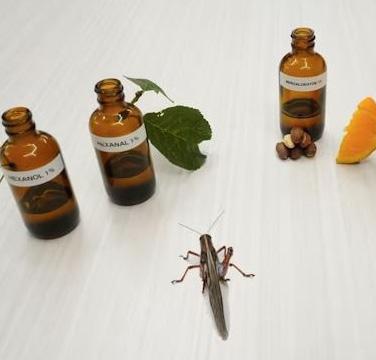
Department of Biomedical Engineering 5
A low-cost potential therapy for spinal cord injuries
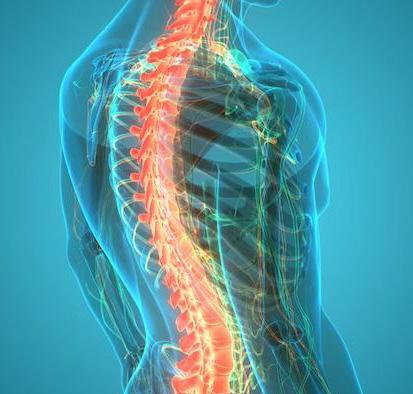
A spinal cord injury is a life-altering event, and the effects, such as muscle weakness and paralysis, can dramatically disrupt a person’s life. While there is no cure for paralysis, there has been some progress in developing potential treatment options to improve symptoms. Even still, much of it remains out of reach to many patients. A person with a complete spinal cord injury may benefit from a spinal cord stimulator, but barriers including cost, safety and patient willingness to undergo surgery are barriers to treatment.
Now, a group of engineers from Washington University St. Louis, led by Ismael Seáñez, assistant professor of biomedical engineering and of neurosurgery at the School of Medicine, has begun work on a low-cost, noninvasive approach to spinal cord stimulation that offers affordable hope to patients. Their work, published in the Journal of Neural Engineering July 25, uses a low-tech electrode array that effectively stimulates muscles in the legs in people with spinal cord injuries.
New imaging technology may reduce surgeries for rectal cancer patients
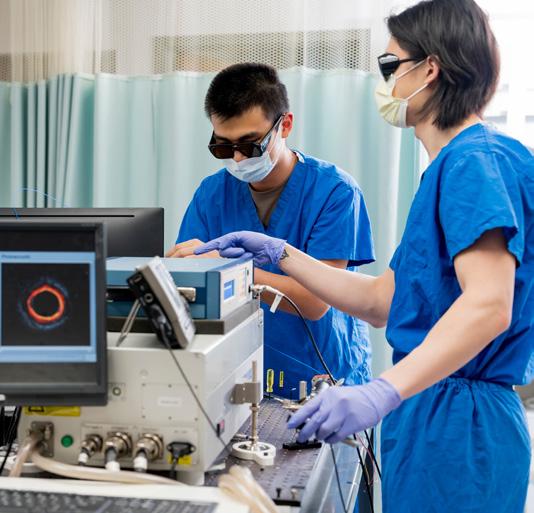
Colorectal cancer is the third most common cause of cancer death in the United States among men and women, and the incidence among people under age 50 has risen to one in five new diagnoses, according to the American Cancer Society. While treatment allows some patients to avoid surgery, existing technology makes it difficult to determine whether the cancer has been successfully treated with no residual cancers. Quing Zhu, a biomedical engineer in the McKelvey School of Engineering, and Matthew Mutch, MD, a colorectal surgeon at the School of Medicine, both at Washington University in St. Louis, and their collaborators have been working together to address this problem by developing a new imaging technology combining photoacoustic microscopy, ultrasound and deep learning to better determine whether a rectal cancer patient is successfully treated with radiation and chemotherapy and can be safely followed-up with nonsurgical imaging monitoring. With a fouryear, $1.75 million grant from the National Institutes of Health, the team will pursue development of this new technology.
Small proteins in heart play big role
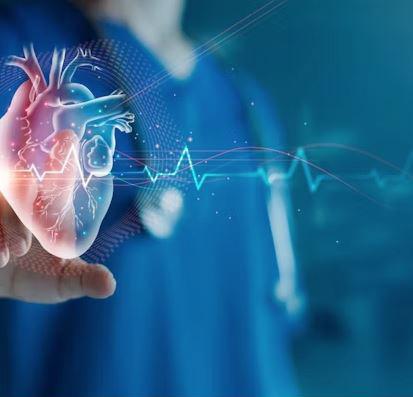
A heartbeat is a carefully coordinated series of electrical signals led by sodium ion channels, which tell the heart when to contract and to relax. Any disruption to these signals may lead to cardiac diseases such as an irregular heartbeat, or arrhythmia. Two researchers at Washington University in St. Louis have taken a closer look at this process at the molecular level and have found what may provide new insights into different heart conditions and how to develop better therapies.
Jonathan Silva, the Dennis & Barbara Kessler Career Development Associate Professor in the McKelvey School of Engineering, and Jeanne Nerbonne, Alumni Endowed Professor of Molecular Biology & Pharmacology in Medicine and Developmental Biology in the School of Medicine, and their labs found distinct effects of novel proteins, known as intracellular fibroblast growth factors (iFGF), on the regulation of the kinetics of cardiac sodium channel gating. Their results were published in the Journal of General Physiology March 21, 2023.
6 McKelvey School of Engineering
Research news
Outside the classroom
Select student groups
» Association of Graduate Students (AGES)
» The Association for Women in Science (AWIS)
» Biomedical Engineering Society (BMES)
» Biotechnology and Life Science Advising Group (BALSA)
» Biomedical Engineering Doctoral Student Council (BMEDC)
» Future Educators
» Graduate Association of Latin American Students (GALAS)
» Graduate Student Senate (GSS)
» National Society of Black Engineers (NSBE)
» Out in STEM (oSTEM)
» Promoting Science Policy, Education, and Research (ProSPER)
» Sling Health
» Society of Hispanic Professional Engineers (SHPE)
» Society of Women Engineers (SWE)
» Spectra (SPIE and OSA)
» Transcending Gender
st. louis is the

Select startups with ties to WashU BME:

No.
1 city for new grads to start a career (Insurify, 2022)
WashU and St. Louis resources and accelerators:
» Arch Grants
» Cambridge Innovation Center St. Louis
» Cortex Innovation Community
» Office of Technology Management
» Skandalaris Center for Interdisciplinary Innovation & Entrepreneurship
» Sling Health Network
» T-Rex Technology Incubator
» Venture Cafe
» Acera Surgical Inc.
» Armor Medical Inc.
» datadog health
» Encodia Inc.
» Epharmix
» Geneoscopy
» Mindset
» NeuroLutions
» SentiAR Inc.
» Sparo Labs
» Caeli Vascular
» Osteovantage
Department of Biomedical Engineering 7
Faculty awards & honors
Guilak named to National Academy of Inventors National Academy of Inventors (NAI) has elected Farshid Guilak, the Mildred B. Simon Research Professor of Orthopaedic Surgery at the School of Medicine to its 2022 cohort of fellows. The 2022 fellow class was officially inducted at the National Academy of Inventors meeting in June 2023 in Washington, D.C.
Guilak was honored for his pioneering work in developing a new type of replacement joint. His team has developed techniques to grow cartilage from patients’ donor cells to create living joint replacements for those with arthritis in the hip. The researchers do extensive imaging to learn the exact shape and contours of the hip. They take skin cells or fat cells from the patient, treat the cells to make them into pluripotent stem cells and then treat the stem cells with factors that cause them to grow into cartilage cells.
Guilak also is a professor of developmental biology and of biomedical engineering and mechanical engineering and materials science at the McKelvey School of Engineering. In addition, he is the director of research at Shriners Hospitals for Children — St. Louis.
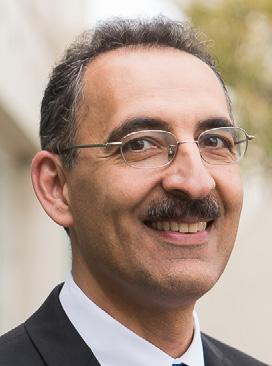
Vahey receives NSF CAREER award to study immune system responses

The COVID-19 pandemic brought immune systems into new light as researchers worldwide worked quickly to learn about the virus and develop effective vaccines. However, much remains unknown about how proteins in the immune system assemble and engage in response to a viral invasion.
Michael Vahey, assistant professor of biomedical engineering in the McKelvey School of Engineering at Washington University in St. Louis, has received a fiveyear, $606,563 CAREER award from the National Science Foundation to establish the factors that drive the assembly of viral immune complexes and study how they interact with immune cell receptors.
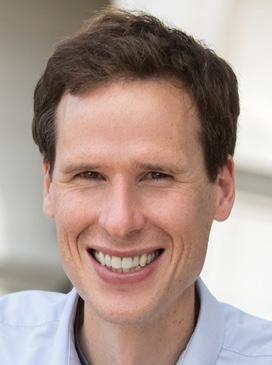
Vahey, who develops methods to study infectious diseases, seeks to better understand how the immune system recognizes foreign objects, such as a virus or bacteria, and produces antibodies that protect from infection. He and his lab will use protein and cellular engineering, combined with fluorescence microscopy, to determine how these immune complexes form at the molecular scale, and how the features of immune complexes influence how immune cells recognize and engage with them.
Jha to develop approaches for list-mode imaging with NSF CAREER award
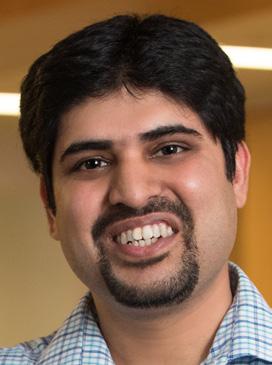
In imaging applications used for everything from astronomy to medical imaging, scientists aim to extract maximum information from each tiny bit of light they capture. However, current approaches lose information during data processing, necessitating new imaging methods to make each photon count.
Abhinav Jha, assistant professor of biomedical engineering in the McKelvey School of Engineering and of radiology at Mallinckrodt Institute of Radiology in the School of Medicine, both at Washington University in St. Louis, will develop one such method with a five-year, $500,000 CAREER Award from the National Science Foundation.
Jha’s CAREER project focuses on developing new approaches to process data from list-mode imaging systems. The goal with the data acquired from list-mode
imaging systems typically is to perform some task, such as detection of a gamma-ray burst in astronomy or estimation of tumor volume in medical imaging.
O’Brien team wins NIH prize to further develop maternal health device
Christine O’Brien, assistant professor of biomedical engineering in the McKelvey School of Engineering at Washington University in St. Louis, and her team, including Leo Shmuylovich, MD, PhD, assistant professor of dermatology in the School of Medicine at Washington University in St. Louis, and Kelsey Mayo, CEO of Armor Medical Inc., have received a $320,000 prize in the third phase of the National Institutes of Health’s Rapid Acceleration of Diagnostics Technology (RADx Tech) for Maternal Health Challenge.
The challenge that will ultimately award $8 million in total prizes to inventors who are developing homebased and point-of-care maternal health diagnostic devices, wearables or other technologies designed to reduce maternal complications and death in those who live where maternity care is limited. The program seeks technologies intended to be used by the postpartum individual, caregivers or health care providers for the first year after giving birth. In this third step in the challenge, the technology assessment phase, 10 teams were selected to move forward through the testing and verification process.
The team has developed a lightbased, wrist-worn device designed to monitor and detect severe bleeding, or hemorrhage, after giving birth, which can happen in minutes, hours or days after birth.
8 McKelvey School of Engineering
New faculty to join WashU biomedical engineering in 2023 McKelvey Engineering students, alumni win NSF Graduate Research Fellowships
Two new tenured/tenure-track faculty members will join the Department of Biomedical Engineering in the McKelvey School of Engineering in the 2023-24 academic year which will bolster the department’s strengths in research, education and entrepreneurship.
Cory Berkland, professor
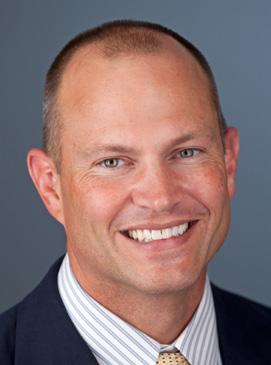
» PhD, chemical and biomolecular engineering, University of Illinois at Urbana-Champaign, 2003
» MS, chemical engineering, University of Illinois at Urbana-Champaign, 2001
» BS, chemical engineering, Iowa State University, 1998
Cory Berkland joins the faculty Nov. 1 from The University of Kansas, where he is the Solon E. Summerfield Distinguished Professor of Chemical and Petroleum Engineering and Pharmaceutical Chemistry.
Berkland’s research merges engineering and biological sciences to develop novel therapeutics and biomaterials. His lab designs molecules and materials to treat disease using tools such as biomolecular engineering, polymer science and material design. His research areas include cancer immunotherapy, antigen-specific immunotherapies, biosensors and targeted drug delivery, among others.
Berkland was elected to the National Academy of Inventors in 2017, was named a Fellow of the American Institute of Medical and Biomedical Engineering in 2015 and has won numerous other awards. He has been involved in several study sections for the National Institutes of Health and sits on several journal advisory boards and academic advisory boards. He has more than 200 peer-reviewed journal articles and holds about 70 U.S. patents.
Yifan Dai, assistant professor
» PhD and BS, chemical and biomolecular engineering, Case Western Reserve University, 2020 and 2017, respectively
Yifan Dai joins the faculty July 1 from Duke University, where he was most recently a postdoctoral fellow in biomedical engineering.
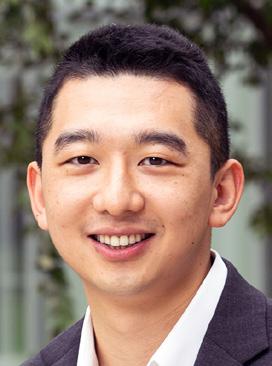
His research focuses on exploring and studying the physical chemistry of biology to understand how chemical functions are encoded in biological soft matter and developing fundamental capabilities for synthetic biology to design smart medicine capable of sensing and responding to cellular states for the improvement of human well-being. He studies the chemical features of biological soft matter, such as biomolecular condensates and focuses on establishing function-feature correlations to understand the underlaying physicochemical principles of cellular functions. In addition, his research integrates electrochemistry into synthetic biology. He designs strategies to engineer biological components at different scales (biomolecules, molecular/genetic circuits and cells) capable of sensing and responding to change of local/global electrochemical equilibrium.
Several McKelvey School of Engineering students and alumni have been offered the highly competitive National Science Foundation Graduate Research Fellowships. The new fellows from biomedical engineering:
» Francesca Bonetta-Misteli, who earned a bachelor’s degree in biomedical engineering in 2022 and is a doctoral student in in biomedical engineering;
» Abby Matt, who earned a bachelor’s degree in biomedical engineering in 2021 and is a doctoral student in in biomedical engineering.
Doctoral students earn awards at SPIE conference
Three doctoral students in the Department of Biomedical Engineering received honors at the 2023 SPIE Medical Imaging conference.
Zitong Yu was awarded first place in the Physics of Medical Imaging Student Paper Award for his paper titled “Development and task-based evaluation of a scatterwindow projection and deep learning-based transmission-less attenuation compensation method for myocardial perfusion SPECT.” Yu also was a finalist for the Robert F. Wagner All-Conference Best Student Paper Award for this paper.
Ziping Liu was a finalist for the Robert F. Wagner All-Conference Best Student Paper Award for his paper titled “Need for objective task-based evaluation of AI-based segmentation methods for quantitative PET.”
Md Ashequr Rahman, student in the Imaging Sciences PhD program, received an honorable mention for the SPIE Medical imaging Poster award for his poster “A task-specific deep-learning-based denoising approach for myocardial perfusion SPECT.”

Department of Biomedical Engineering 9 Student news
Biomedical Engineering Faculty
Cory Berkland Professor coryb@wustl.edu
Research interests:
Hong Chen Associate Professor hongchen@wustl.edu
Jianmin Cui Professor jcui@wustl.edu
Yifan Dai Assistant Professor dyifan@wustl.edu
Research interests:
Auditory processing, cognitive neuroscience, machine learning and medical diagnostics
Pharmaceuticals and biomaterials with an emphasis on molecular design, drug formulation, and transport in the human body
Research interests: Ultrasound imaging; ultrasound therapy; image-guided ultrasound drug delivery (IGUDD)
Research interests: Molecular basis of bioelectricity and related diseases in nervous and cardiovascular systems; ion channel function and modulation; discovery of drugs that target ion channels
Research interests: Decoding and encoding the physical chemistry of biological soft matter to understand biology and engineer precision medicine
Song Hu
Associate Professor songhu@wustl.edu
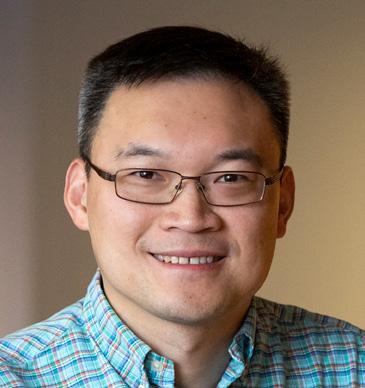
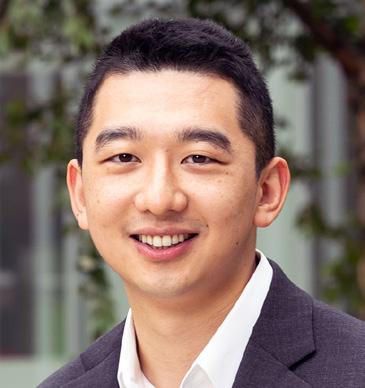
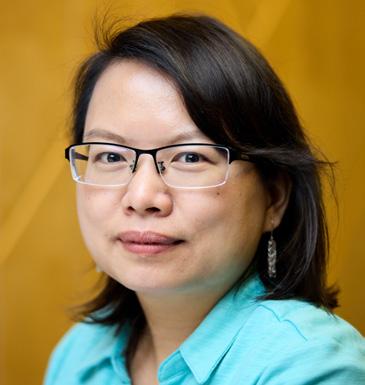
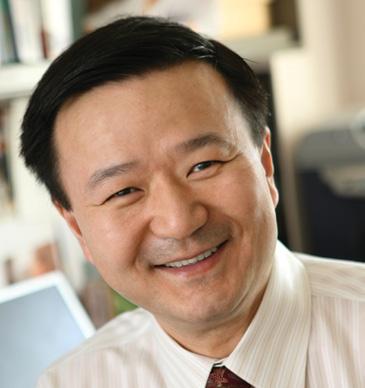
Research interests:
Photoacoustic technologies for high resolution, structural, functional, metabolic and molecular imaging in vivo and their applications in research of a variety of diseases
Nathaniel Huebsch Assistant Professor nhuebsch@wustl.edu
Research interests: Basic and translational stem cell mechanobiology, with specific focus on hydrogels to control cell-mediated tissue repair, and 3-D heart-on-a-chip models derived from human induced pluripotent stem cells
Abhinav Jha Assistant Professor a.jha@wustl.edu

Research interests: Medical imaging systems and algorithms for optimized performance in clinical tasks using quantitative measures of task performance
Daniel Moran Professor and Director of Undergraduate Studies dmoran@wustl.edu
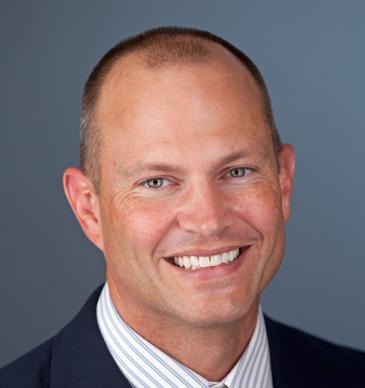
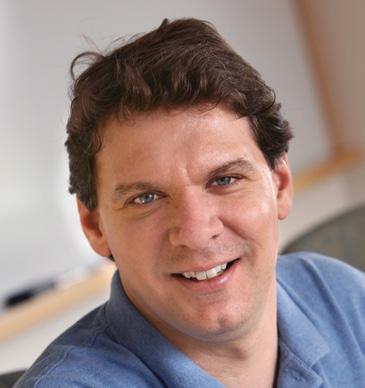
Research interests: Motor control; brain-computer interfaces
Christine M. O’Brien Assistant Professor c.obrien@wustl.edu
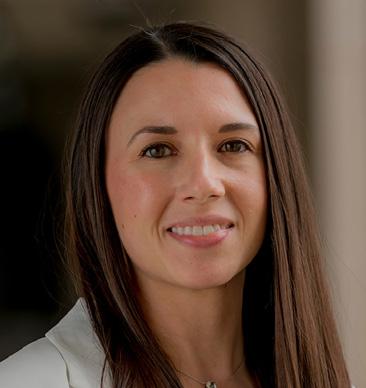
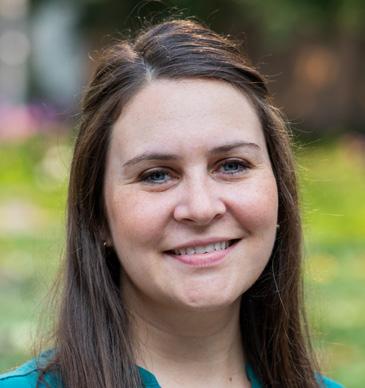
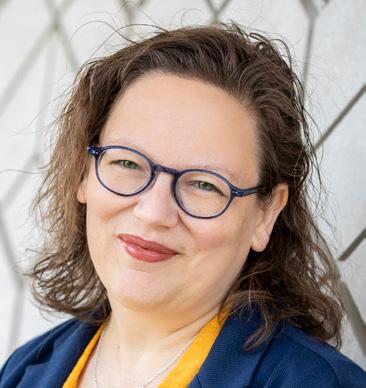
Research interests: Wearable multimodal optical sensor for early detection of postpartum hemorrhage
Research interests:
Materials and biomechanics; tissue mechanics and biomimetic materials; women’s health research
Rohit Pappu Gene K. Beare Distinguished Professor pappu@wustl.edu
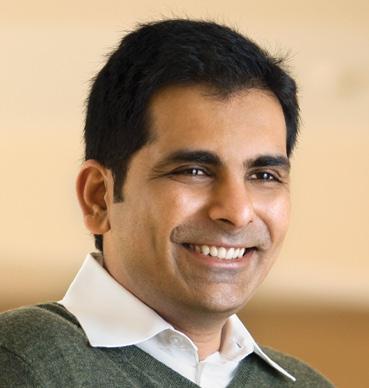

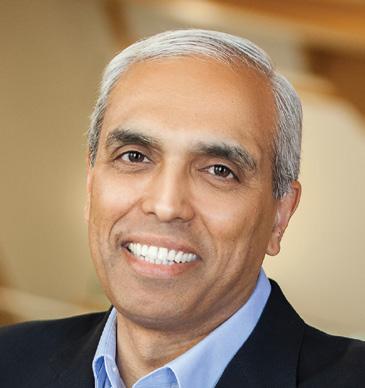
Research interests: Protein aggregation and its effects on neurodegeneration; biophysics of intrinsically disordered proteins; protein-nucleic acid interactions; phase transitions in cell biology
of Engineering
Barani Raman Professor barani@wustl.edu
Research interests: Computational and systems neuroscience; neuromorphic engineering; pattern recognition; sensorbased machine olfaction, and biorobotics
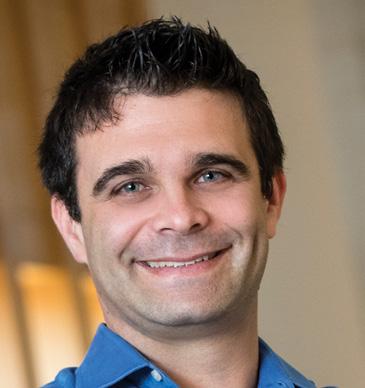

Research interests:
Design and synthesis of amyloid-inspired supramolecular biomaterials for applications in vaccine development and immunotherapy.
Alexandra Rutz Assistant Professor rutzalexandral@wustl.edu
Research interests:
Engineering of electronic tissues using materials design and fabrication-based approaches. Our goal is to achieve robust biointerfaces and long-lived function in bioelectronics and other medical devices
10
School
McKelvey
Dennis Barbour Professor and Director of Master’s Studies dbarbour@wustl.edu
Michelle Oyen Associate Professor oyen@wustl.edu
Jai Rudra Associate Professor srudra22@wustl.edu
Research interests:
Use of body-machine interfaces (BoMIs) to provide a higher level of control for existing assistive devices and neuroprosthetics, and to improve motor function through rehabilitation
Department Chair and Lucy & Stanley Lopata Distinguished Professor of Biomedical Engineering setton@wustl.edu
Research interests: Mechanobiology of osteoarthritis and intervertebral disc disorders, tissue regeneration and drug delivery in musculoskeletal disease
Jin-Yu Shao Professor and Director of Doctoral Studies shao@wustl.edu


Research interests: Cellular and molecular biomechanics; protein-protein interactions, mathematical modeling of biological processes
Research interests: Ion channel channel function, disease-associated ion channel mutations and drugs that target ion channels
jonsilva@wustl.edu
Research interests: Virtual and augmented reality; electrophysiology; molecular spectroscopy; mathematical modeling; cardiac arrhythmia

Chao Zhou Professor chaozhou@wustl.edu
Edwin H. Murty Professor of Engineering zhu.q@wustl.edu

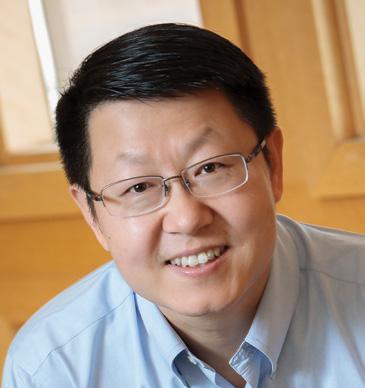
Research interests: Science and engineering education; human motor control and learning; computational neuroscience
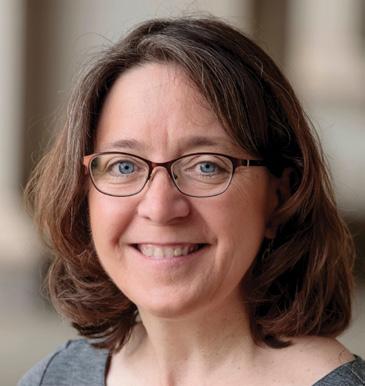

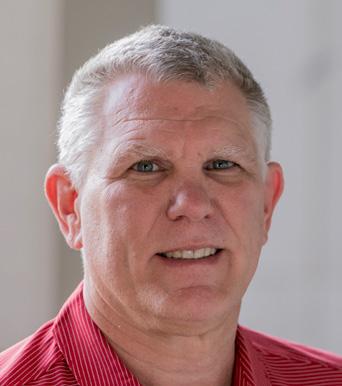
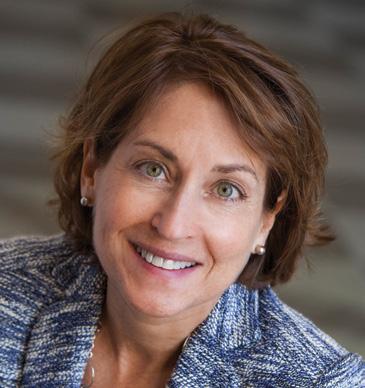

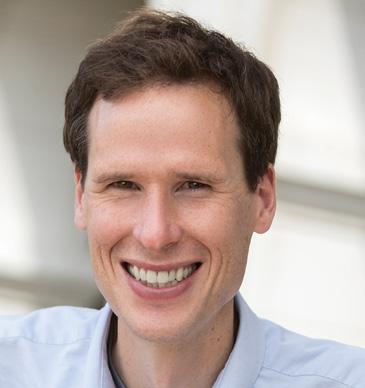
teaching faculty
Research interests: Developing imaging methods and microfluidic technologies to understand infectious diseases, with an emphasis on studying how viruses such as influenza A navigate and shape their hosts in order to replicate

Research interests: Optical coherence tomography, a growing technology used to perform high-resolution crosssectional imaging using light
Research interests: Cancer detection, diagnosis, treatment assessment and prediction utilizing diffused optical tomography, photoacoustic tomography, optical coherence tomography and ultrasound
Department of Biomedical Engineering 11
Michael Vahey Assistant Professor mvahey@wustl.edu
Quing Zhu
Jonathan Silva Professor and Director of Diversity for BME
Lori Setton
Kurt Thoroughman Associate Professor thoroughman@wustl.edu
Joseph Klaesner Professor of Practice klaesnerjw@wustl.edu
Katie Schreiber Lecturer khschreiber@wustl.edu
Patricia Widder Senior Lecturer and Associate Director of Undergraduate Studies pwidder9876@wustl.edu
Ismael Seáñez Assistant Professor ismaelseanez@wustl.edu
Jingyi Shi Research Assistant Professor jshi22@wustl.edu
Connect with us for more information
 Daniel Palmer phd candidate
Daniel Palmer phd candidate

“WashU has an incredibly strong and diverse body of researchers working on mechanobiology and offered me a range of research options within my interests. I knew that no matter what specific research interest I chose, I could not go wrong by choosing WashU. WashU had the mentors, the research, and the resources to ensure I would learn as much as possible during my PhD, and this has continued to prove itself true. Through my current lab, I have been able to study synthetic biology and mechanobiology to design systems that combat osteoarthritis. My PhD has challenged me beyond what I could have ever expected, but WashU has provided me the knowledge and support necessary to rise to each challenge. I could never have imagined the depth of knowledge and experience that I have gained from my time at WashU.”
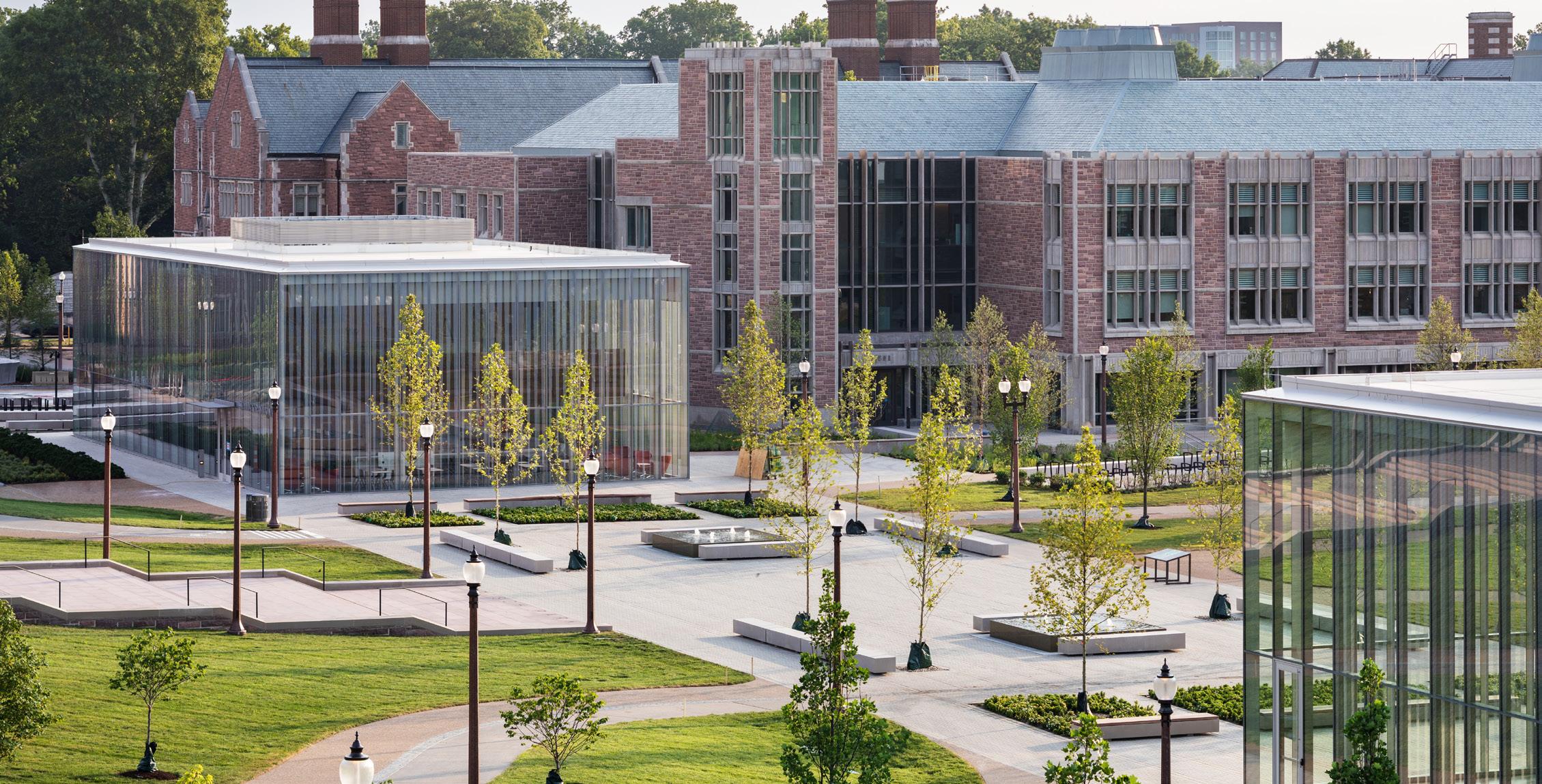
Department of Biomedical Engineering bme.wustl.edu • #WashUengineers • @WashUBME
Apply: engineering.wustl.edu/gradprograms Graduate Admissions MSC 1220-122-203 • One Brookings Drive St. Louis, MO 63130-4899 314-935-5830 engineeringgradadmissions@wustl.edu





















































 Daniel Palmer phd candidate
Daniel Palmer phd candidate

